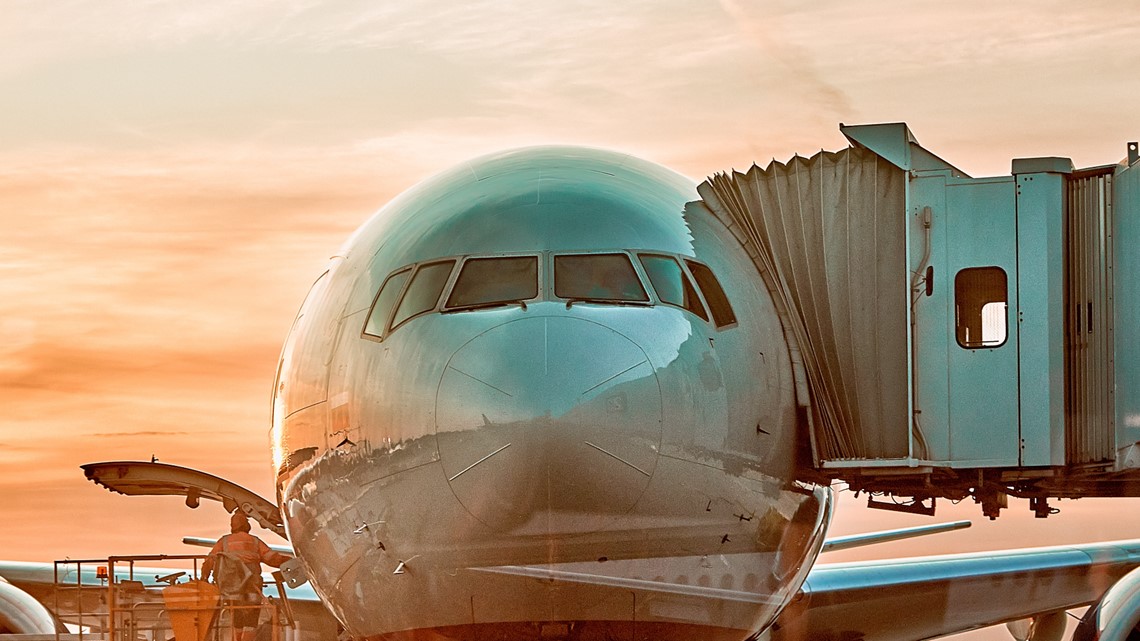The National Restaurant Association said tariffs will create disruption to the restaurant industry.
HERNDON, Va. — There are many thoughts about the sweeping tariffs on imported goods. For Sumitra Setapayak, she immediately remembered the difficult times operating Nunu’s Thai Dishes in Herndon with her husband.
“When we talk about this, I’m thinking about when the pandemic started, prices skyrocketed and we had to find a way to survive during that time,” Sumitra Setapayak told WUSA9. “I think if the price goes high like that, we’ll have to find a way to survive this time.”
Nunu’s Thai Dishes first opened seven years ago as an offshoot from her husband Pitsanu Setapayak’s longtime family restaurant in Fairfax County.
Nearly 80% of the products they use for the restaurant are shipped in from Thailand to their supplier. Items include rice, curry paste, and coconut milk.
After President Donald Trump unleashed reciprocal taxes on goods imported from dozens of countries, including Thailand, the couple is concerned about the potential impact.
Thailand has been slapped with a 36% tariff. Other Asian countries face higher taxes, including Vietnam at 46% and Cambodia at 49%.
“It’s going to be a big impact for the restaurant,” added Sumitra Setapayak. “Hopefully something happens, and they can lower the tariff, and we can still survive and enjoy Thai food.”
Trump argued that his decision would bring in hundreds of billions in new revenue to the U.S. and restore fairness to global trade.
However, economists have long warned of the negative results of a trade war.
“How is it that we’re being ripped off when we’re the richest country in the world?” said George Mason University Professor of Economics Alex Tabarrok. “It would be a terrible mistake for the United States to now corrupt and pull apart the international order because it’s been good for us.”
The National Restaurant Association President & CEO Michelle Korsmo said as much as restaurants source domestically as they can, farmers and ranchers in the country are unable to produce the volumes needed to support consumer demand.
“Applying new tariffs at this scale will create change and disruption that restaurant operators will have to navigate to keep their restaurants open. The biggest concerns for restaurant operators—from community restaurants to national brands—are that tariffs will hike food and packaging costs and add uncertainty to managing availability, while pushing prices up for consumers,” said Korsmo in a statement.
Restaurant owners purchase about 30% of their revenues on food and packaging, which means tariffs could drive up those costs.
The Setapayaks hope to avoid passing on the higher costs to consumers. While they will analyze what they can source locally, they refuse to skip out on the ingredients from Thailand.
“The main thing is I’m thinking about my customers first,” said Pitsanu Setapayak. “I want the food to have the same taste and same ingredients.”
.png)









 English (US) ·
English (US) ·